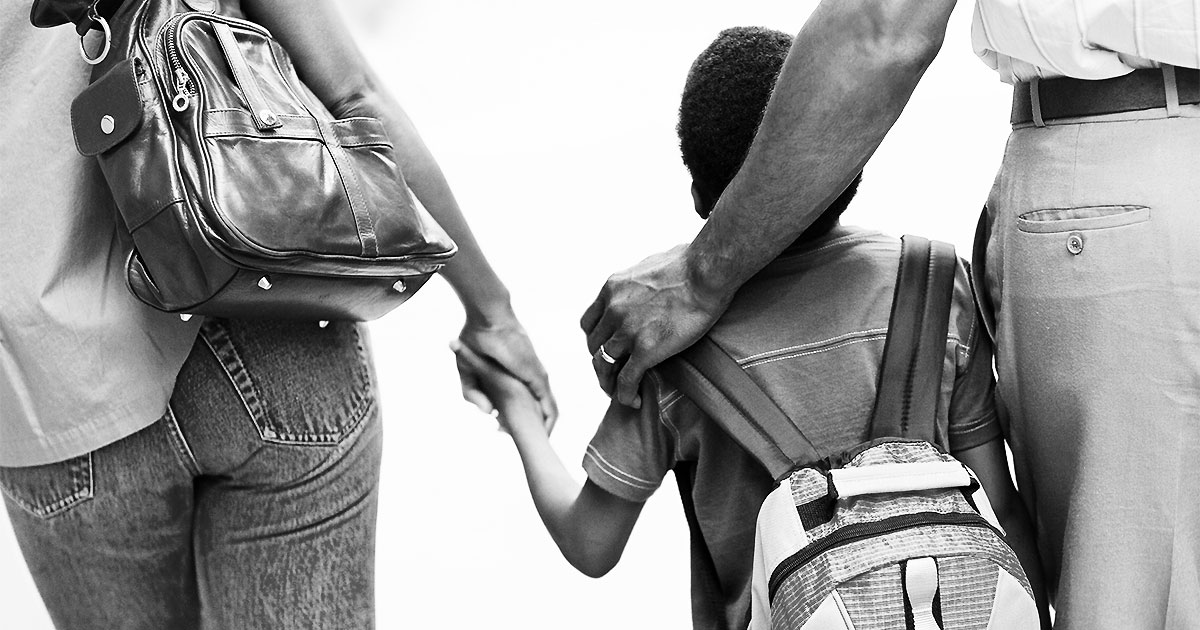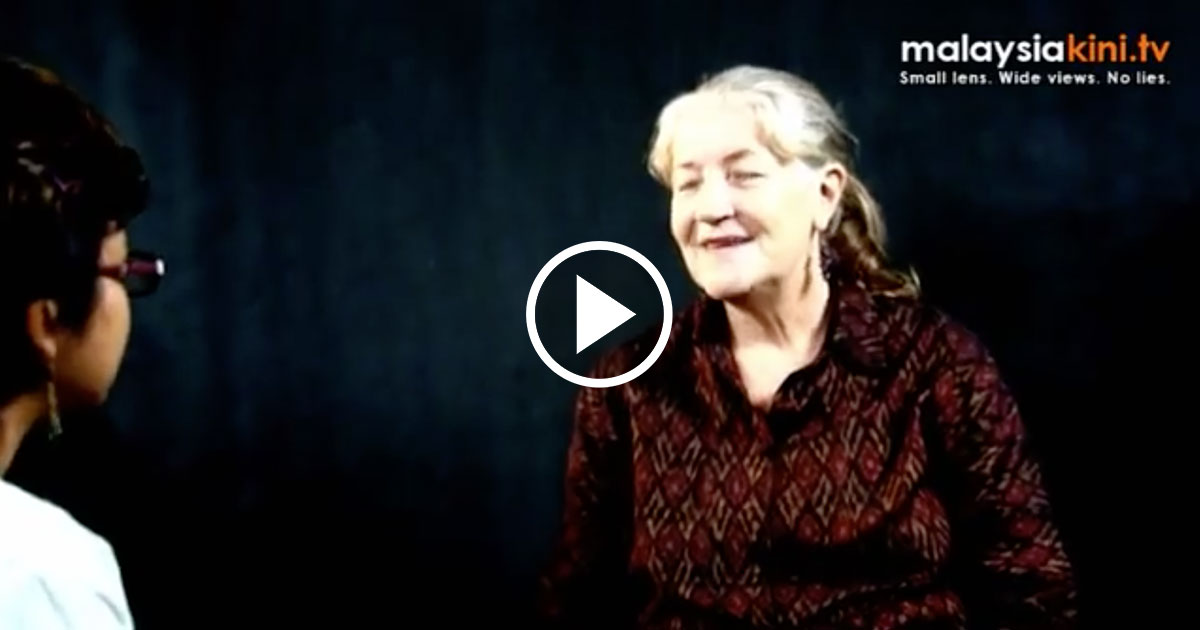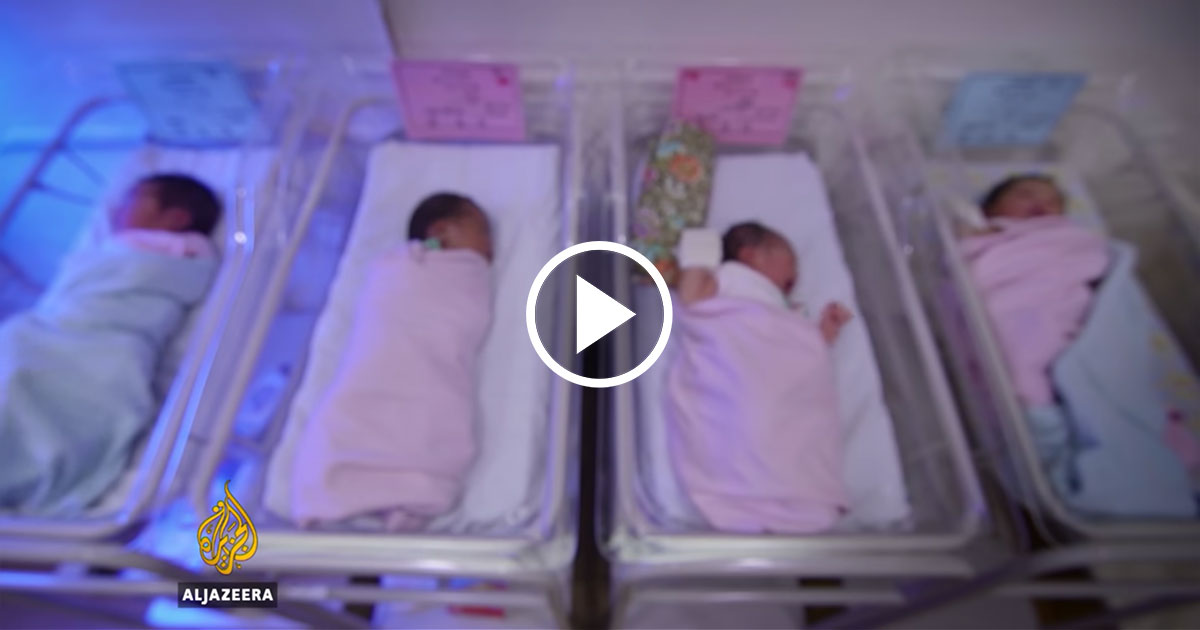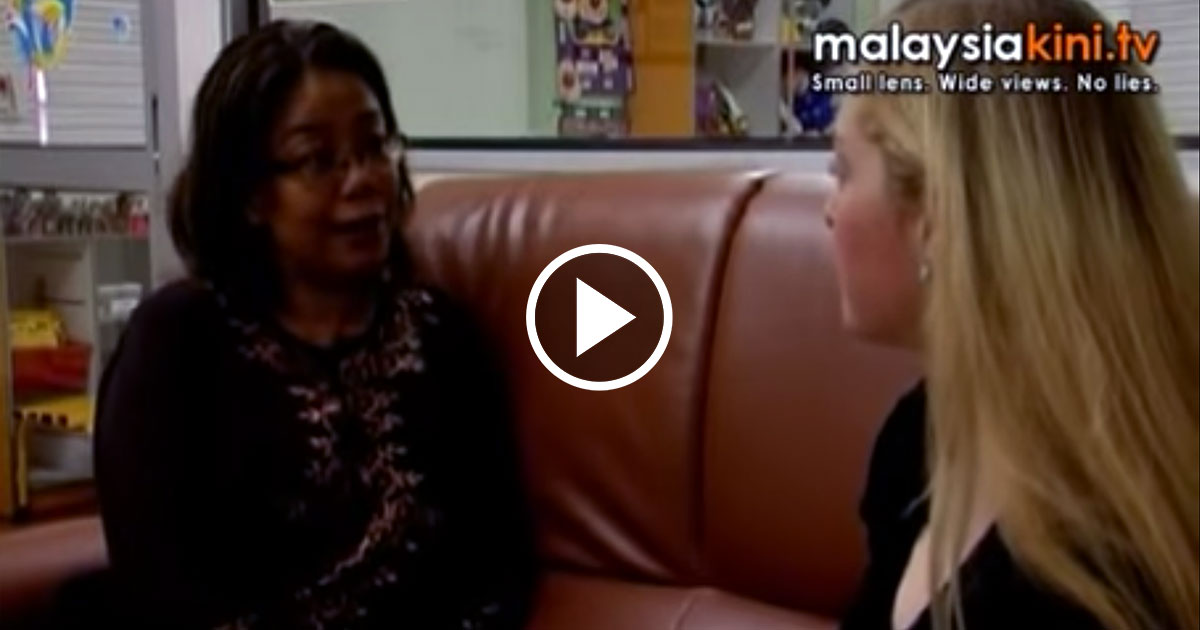
Facts concerning Mat Rempits and Mat Cyclists
In 2010 the Suriana Welfare Society Malaysia did a survey on Mat Rempits and realised the factors that gave rise to the possible causes of the situation whereby teenagers are involved in group activities outside their home.
They gather in groups late into the night and get involved in daring and dangerous forms of activity and with disregard to law and life.
In all cases of persons interviewed, the teenagers came from low-cost housing areas. They lived in cramped conditions with limited space. As such the teenagers gather outside their flats to meet their friends and have their activities. In fact, 80 percent of their parents interviewed did not know where or what their child was doing or with whom they were with.
Most teens were left to themselves and can be seen enjoying their freedom riding motorcycles without helmets or motorcycle
We measured their self-esteem. Before they joined the group, the level of self-esteem was as low as 16 but this level soars up high to a level of 25 after they join the group. This indicates that as individuals they could be experiencing neglect and low-self esteem, but as a group, they have a sense of belonging and unity to the point they can ride their bikes fast and dangerously – death-defying and challenging the police on duty.
At the end of the race, they get a prize of RM5,000 and the other challenger’s motorcycle.
Most had difficulty coping with education. Often they were poor performers in schools and preferred to play truant. There was no motivation for the teenagers to do better in school and found no link between education in relation to their future. In fact, the teenagers found it a strain to attend schools.
Quite a number of them came from dysfunctional families. The mothers or fathers were divorced and remarried. The new ‘father’ or ‘mother’ refused to accept them as their own children. The teens also included those whose parents were single parents, who found it a challenge to manage their teenage child.
A number of them interviewed were slow learners or had learning disabilities. The children were never assessed as to their level of disability. The children very innocently got themselves involved in the wrong company of friends.
As such we need to address these contributing factors within our community so as to address the situation, rather than pointing fingers at persons and blaming everyone else for the problem. We need to take stock of the issues and work together to seek an effective solution.
James Nayagam is the chairperson of Suriana Welfare Society Malaysia.







